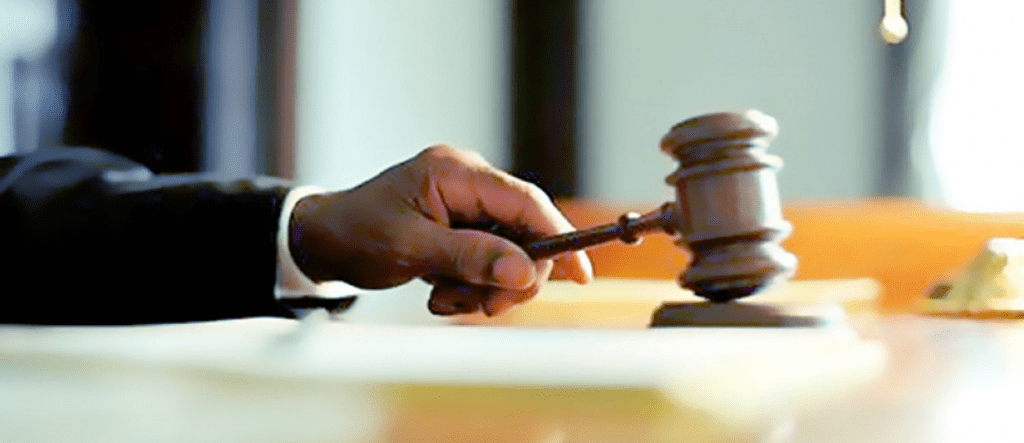

A divorce usually means that you have to go through emotionally difficult and overly stressful times, where you have to decide on many issues. In addition to the emotional ones, of which there are many, there are the legal, financial and practical issues.
Below are some situations that we think are important for those who find themselves in a conflict situation and are looking for answers.
Once the decision has been made on the form of divorce to be adopted, there are some main factors that can directly influence the format of the divorce proceedings to be adopted. The first factor is whether the parties agree with each other or whether there is resistance from one or both spouses on certain points. There are negotiation techniques that can help maximize the chances of success in the search for consensus between the parties involved.
How does amicable divorce work in cases of agreement, division and division of assets?
This is the quickest and least stressful route. That's why having the help of a professional who has experience in family law and can lead the parties to a solution that is consistent with the existing situation is a real game changer.
If there is agreement on the divorce and the division, the lawyer will provide the necessary documentation for the Judicial Divorce or the Out-of-Court Divorce.
Judicial Divorce is not possible when there are minor children, in which case the request must be made directly to the Family Court. This judicial process involves the participation of the Public Prosecutor's Office and is considered the middle ground of the alternatives. It is not as quick as Judicial Divorce, but not as long as Litigious Divorce.
In any case, when we talk about Consensual Divorce, we need to define all the relevant issues for the future, including child custody, child and/or spousal support (where applicable), division of assets, among other topics.
How to proceed when there is a disagreement in the divorce and there is no consensus on the assets?
If there is no agreement between the parties, it will be necessary to file a Litigious Divorce lawsuit, and the couple will have to be represented by different lawyers. In this case, there will be a real clash between the parties, as they have been unable to reach a consensus on the division of assets, alimony or other relevant issues.
Divorce is often the last step in a long process of breaking up. Inevitably, there are hurts and wounds formed along the way, but every case has its own particularities.
What is the lawyer's role in Consensual Divorce?
Often the couple is undecided about who should initiate the divorce proceedings. Another issue that is often resolved amicably is the practical arrangements about who can leave the house, which property is taken, who should look after the pets, etc.
When there are children, we often find that parents can genuinely decide what is best for the children, regardless of their own feelings about the situation. All it takes is for an experienced professional to help them find the right path to consensus.
Property matters inevitably cause more friction, but in most cases we are able to resolve them or manage them more coherently. Looking for a lawyer who is used to working out these different financial arrangements helps to find intermediate alternatives that can satisfy the parties' wishes.
It can be expensive to resolve problems in court when a consensual divorce goes wrong and the person or their spouse stops negotiating sensibly. Therefore, choosing a good divorce lawyer can avoid problems in court and lead to the parties involved getting the best in terms of their rights, duties and finances.
Caminha Advogados has a contentious and advisory practice in matters relating to marriage, stable unions and family planning. Find out more here.



